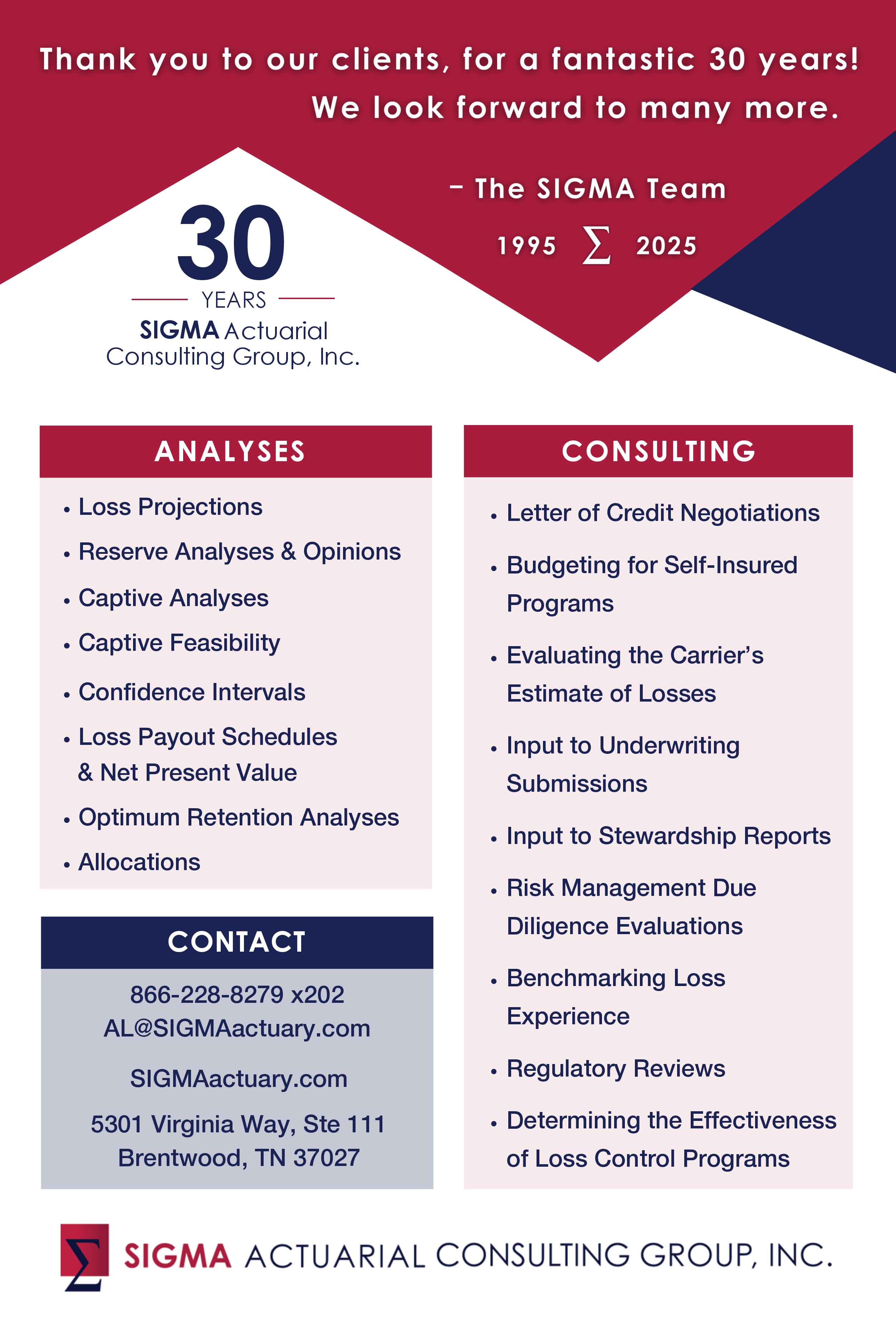In the US District Court for the northern district of Georgia Atlanta division, District Judge Leigh Martin May ruled in favour of the Internal Revenue Service (IRS) against Moore Ingram Johnson & Steele, a law firm providing micro-captive advice.
Judge May adopted parts of the opinion and recommendation of Magistrate Judge Linda Walker as the opinion of the District Court. Judge May declined to adopt Magistrate Judge Walker recommendations that a special master should be appointed and that the court should refrain from allocating the cost of a special master between the parties.
Background
The IRS is conducting a civil investigation to determine whether Moore, Ingram, Johnson & Steele may be subject to penalties under several provisions of the Internal Revenue Code 26.
The IRS’ efforts focus on Moore, Ingram, Johnson & Steele establishment and management of captive insurance companies for its clients.
On 7 May 2018, the IRS sent Moore, Ingram, Johnson & Steele an information document request that sought numerous categories of documents related to their captive insurance practice.
The IRS said Moore, Ingram, Johnson & Steele produced some of the requested documents, but the IRS considered their production insufficient.
On 16 April 2019, the IRS issued and served on Moore, Ingram, Johnson & Steele a summons that asked for 27 categories of documents similar to those in the information document request.
Moore, Ingram, Johnson & Steele claimed the summons encompasses “millions” of pages of documents.
The IRS was “again unsatisfied” and the petitioner then filed the instant petition for an order enforcing the summons in full, according to the court.
The Internal Revenue Code authorises the IRS to issue summonses to obtain “books, papers, records, or other data which may be relevant” to an investigation of a taxpayer’s liability under the Code. 26.
On 20 July 2020, in the US District Court for the northern district of Georgia Atlanta division, Judge Walker recommended that the petition be granted as to all documents Moore, Ingram, Johnson & Steele has not yet produced, and that a special master be appointed to adjudicate potential discovery disputes.
Moore, Ingram, Johnson & Steele raises essentially three objections. The first, the IRS already has the information it seeks. The second, the summons is overbroad and compliance would be unduly burdensome. The third, they are barred by the attorney-client privilege and professional confidentiality obligations from producing the summoned documents.
For the first, Judge Walker concluded that the IRS does not already possess many of the documents sought by the summons, and that even some documents Moore, Ingram, Johnson & Steele has produced are incomplete.
They objected, suggesting that it has supplied the IRS with “all responsive non-privileged or confidential documentation”, and avers that third parties have already provided documents “related to the formation and management of approximately 40 per cent” of its captive insurance clients.
However, Judge Walker noted that Moore, Ingram, Johnson & Steele has supplied a complete set of documents “with respect to only 4.5 per cent” of its captive insurance clients. It is therefore undisputed that the IRS does not possess a great deal of the information within the summons’s scope.
The second objection is that the summons is overbroad and responding in full would be unduly burdensome. The summons lists 27 categories of information and covers an eleven-year period. Its categories span a variety of subjects related to Moore, Ingram, Johnson & Steele promotion, organisation, and management of captive insurance companies, and a complete response plausibly consists of many documents.
The court document said that locating those documents may require an effortful search. However, a summons is not overbroad simply because a complete response would be voluminous and difficult.
The third objection was that Moore, Ingram, Johnson & Steele argues it is barred from responding further to the summons by the attorney-client privilege and its professional obligation to keep clients’ information confidential.
They seek to withhold hundreds of thousands or millions of pages of documents relating to 95.5 per cent of its 202 captive insurance clients.
According to US v. Schaltenbrand, respondent must shoulder “the burden of proving that an attorney-client relationship existed and that the particular communications” it is withholding “were confidential.” That means “show[ing] that ‘the communication was made to [respondent] confidentially, in [respondent’s] professional capacity, for the purpose of securing legal advice or assistance.,” quoting US v. Ponder.
Moore, Ingram, Johnson & Steele has instead asserted a blanket privilege claim with respect to every document it has withheld. Judge Walker concluded that a categorical privilege log would be inappropriate in this case.
Judge Walker also recommended that the court appoint a special master to “resolve discovery disputes between the parties,” including disputes about the applicability of the attorney-client privilege.
All three objections by Moore, Ingram, Johnson & Steele were overruled by Judge Walker.
On 7 December 2020, Judge May adopted parts of Judge Walkers opinions. Specifically, Judge May adopted the Judge Walker recommendation that the petition to enforce IRS Summons be granted, except as to the specific documents that Moore, Ingram, Johnson & Steele itself has already produced. However, Judge May stated that the IRS can’t ask for documents already produced from Moore, Ingram, Johnson & Steele.
However, the Judge May declined to adopt Judge Walker's recommendations that a special master is appointed and that the court refrain from allocating the cost of a special master between the parties.
Judge May agreed with Judge Walker on overruling the three objections.






